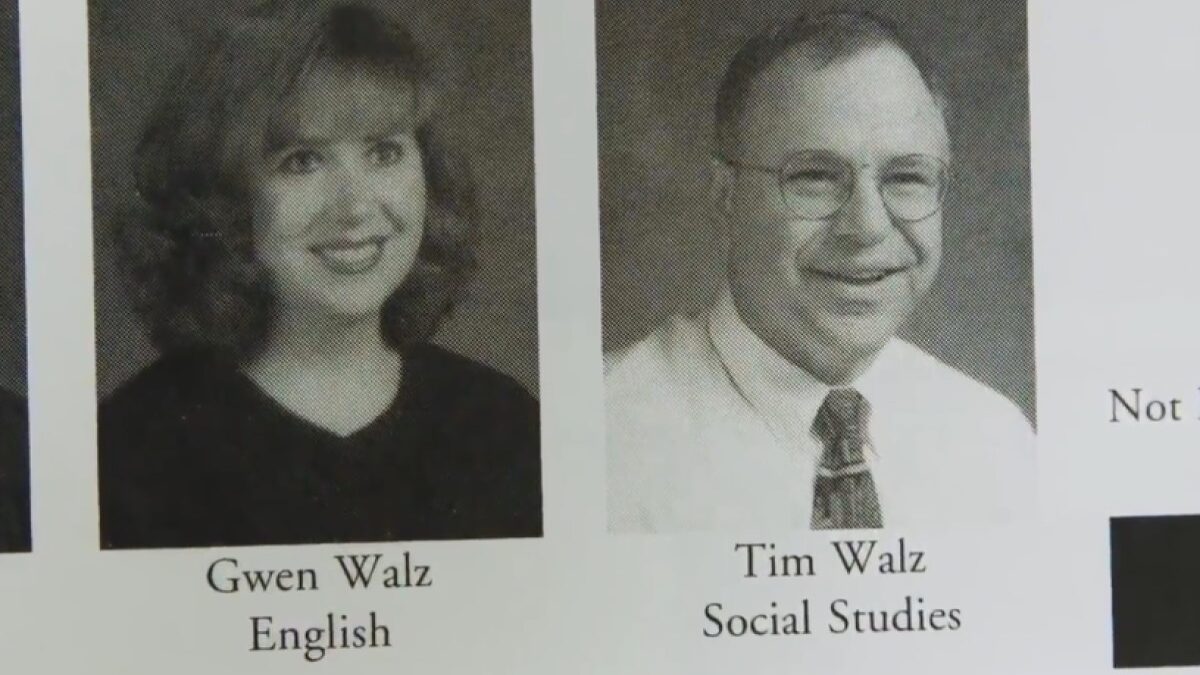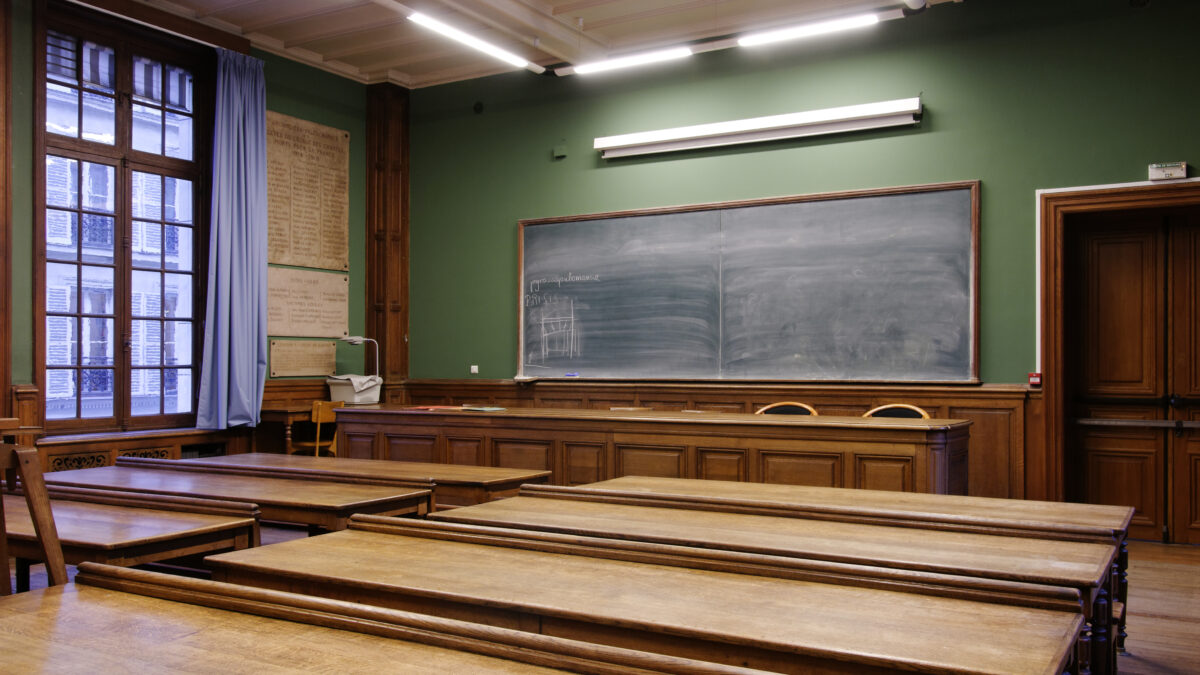As with many aspects of modern life, ChatGPT has made major disruptions in education, particularly high school English. During those critical years when students are finding their voice, forming their positions on issues, and honing their reasoning, they now have access to a powerful program that will do all the work for them.
While it’s true that students could always try to plagiarize or “get extra help” from a friend, it was easy enough to spot these instances — or, if not, software like Turnitin would usually catch it. Large language models like ChatGPT can not only generate original content but also tailor it to reflect a particular style, so it’s nearly impossible to detect whether it’s being used.
This is already creating a major headache for the College Board, the testing company responsible for creating and administering the SAT and AP exams. This past year, scorers of essay submissions for the AP Research and Seminar exams had to make a judgment call on whether to accept the essay — usually if the AI-generated content exceeded a certain percentage of the total content. This problem will only worsen as more students rely on AI for everything from helping with proofreading to writing whole essays.
Even for exams where students are asked to write timed essays, like in English Language and Composition (which I teach and score) and English Literature and Composition, ChatGPT is also posing serious challenges. Because these exams are currently transitioning from paper to the computer, teachers will be asking their students to practice typing their essays on the computer instead of writing them on notebook paper. On one hand, students won’t need to worry about building up their handwriting skills, nor will teachers have to worry about deciphering their bad handwriting. On the other hand, students will now be tempted to use AI to write their essays, and teachers will struggle to keep them honest.
Doubtless, this change could spell doom for some high school English classes, but then again, it might actually do the opposite. For too long, English teachers have either given up on teaching essay composition or have done a terrible job at it. ChatGPT may be the thing that breaks this spell of mediocrity by prompting educators to reconsider the purpose of writing. Instead of a lifeless process that involves conforming to an endless series of seemingly arbitrary rules that results in composing a few dull blocks of text, writing can become an art form that disciplines and cultivates the mind and connects students with reality.
A case in point is a recent essay in The Atlantic: “High-School English Needed a Makeover Before ChatGPT,” by Daniel Herman. Herman began with a story about one of his students writing a “standard eight-to-10-page research paper” on Moby Dick. The student had some ideas on how to write the paper but then succumbed to using ChatGPT: “I happened to walk past his computer as he watched ChatGPT perform in 10 seconds what had taken him many hours and many cups of coffee.”
This provoked some soul-searching for Herman who had assigned this kind of essay for 13 years. He realized the essays were always pretty bad, as students would fumble through their arguments, repeating themselves, going in circles, and clogging their paragraphs with pretentious nonsense. It’s no wonder they would resort to using a computer program to write these essays when given the chance.
Herman decided to stop giving “the big essay” on Moby Dick; instead, he assigns more informal writing responses that accompany book club discussions. Students write their responses “in a spiral notebook,” and rather than using a standardized rubric to grade these essays, he grades them on a more individual basis. The main goal is to encourage the students to “discover their own mind” and not feel the need to consult ChatGPT.
While I object to the drop in difficulty — it’s a lot easier to jot down journal entries than to organize and draft a formal essay — I think Herman’s approach is a step in the right direction. It was ridiculous to ask a group of high schoolers to write a coherent research paper on one of the most difficult texts in American literature, something that most college students cannot accomplish. If the students didn’t outright plagiarize the essay or have their tutor or parent serve as a ghostwriter, then whatever they ended up producing must have been nearly unreadable.
Even without ChatGPT, Herman and other writing teachers should ask what students learn from these projects. As writing professor Kim Brooks observes in her essay, “Death to High School English,” many high schoolers must read the classics and write a multi-page literary analysis on each of them, while never really growing as thinkers and writers. Brooks suggests assigning shorter, primarily nonfiction texts that serve as models for teaching students to write clear, concise arguments of their own that engage with a larger conversation. Using Brooks’ essays and others, I have done this in my classes, and the strategy has been much more effective, especially for kids who normally hate writing.
There are some who may wonder if it’s even necessary to teach today’s high schoolers to learn how to write. After all, they can tell ChatGPT to write for them, so shouldn’t English teachers focus on showing their students how to plug in the parameters for a given essay? This argument sounds similar to another argument that emerged in the internet age: Because students can look up anything on the internet, there was little point in asking them to memorize facts.
The answer to both of these objections is the same: Students must practice writing and memorizing facts so they can grow in knowledge and understanding and thereby become independent critical thinkers. As I remind my students daily, writing is thinking. The more we write, the stronger our minds become, making us better communicators, planners, analysts, creators, critics — just better human beings overall. When we outsource our own thinking to ChatGPT, we are outsourcing our basic humanity, which will end up making us profoundly stupid and sad.
So, yes, despite the advances in AI, there’s still a place for high school English, perhaps an even greater one than before. The kind of work that happens in these classes is crucial for turning students into intellectually autonomous adults capable of making decisions, forming connections, and changing the world.
In the past, we would say it’s the kind of learning that separates human beings from animals. In the increasingly automated world of today, we can say it’s the kind of learning that separates human beings from robots.









